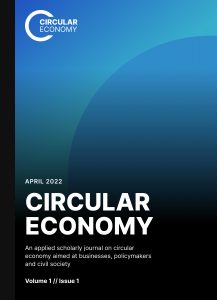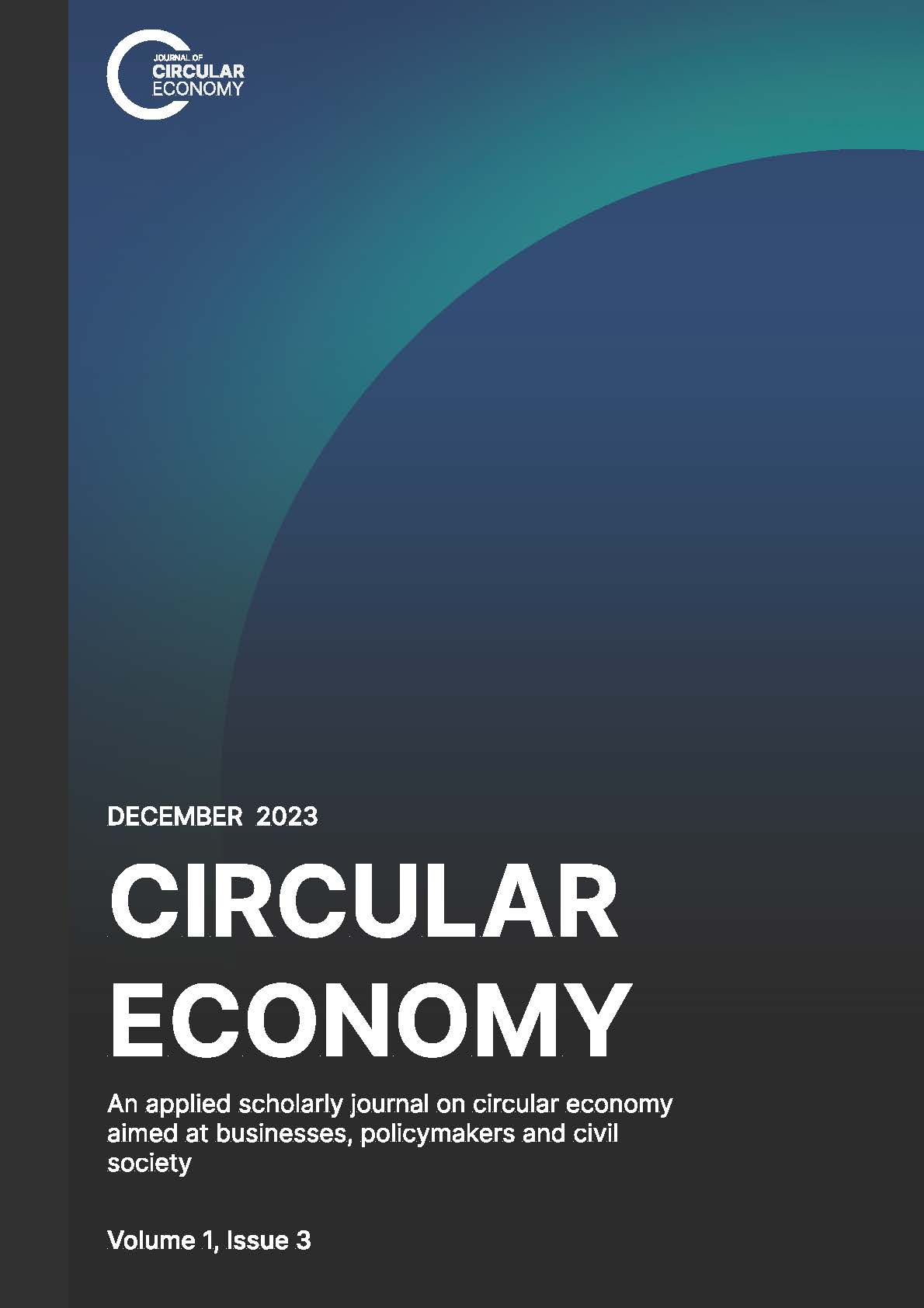Abstract
The concept of a circular economy has gained remarkable policy and academic traction. Associated expectations of social benefits are underexamined. Driven by the current perilous state of the environment and society, this article pulls aside the curtain of perceived academic political neutrality that hides the implications of capitalism. Whilst a circular economy brings new options for business, places and individuals, political action is needed to bring about significant, and lasting, change. A system driven by profit does not and cannot respond to needs. It is time for a serious discussion to improve the prospects for everyone’s future.
Keywords
References
Calisto Friant, M., Vermeulen, W.J.V. & Salomone, R. (2023). Transition to a sustainable circular society: more than just resource efficiency. Circular Economy and Sustainability. https://doi.org/10.1007/s43615-023-00272-3
Deutz P. (2014). A class-based analysis of sustainable development: developing a radical perspective on environmental justice. Sustainable Development, 22, 243-252 http://onlinelibrary.wiley.com/doi/10.1002/sd.1528/pdf
Geissdoerfer, M., Savaget, P., Bocken, N. M. P. & Hultink, E. J. (2017). The Circular Economy – A new sustainability paradigm? Journal of Cleaner Production, 143, 757-768. http://dx.doi.org/10.1016/j.jclepro.2016.12.048
Hobson, K., & Lynch, N. (2016). Diversifying and de-growing the circular economy:
Radical social transformation in a resource-scarce world. Futures, 82, 15–25. https://doi.org/10.
1016/j.futures.2016.05.012
Hall, P.A. & Soskice, D. (eds) (2001). Varieties of capitalism: The institutional foundations of comparative advantage, Oxford University Press.
Harvey D. (1982). The Limits to Capital. Blackwell.
Kemp, L., Chi, X., Depledge, J., Ebi, K.L., Gibbins, G., Kohler, T.A., Rockstrom, J., Sceffer, M., Schellnhuber, H.J., Steffen, W., & Lenton, T.M. (2022). Climate endgame: exploring catastrophic climate change scenarios. PNAS, 119(34) e2108146119 https://doi.org/10.1073/pnas.2108146119
Kirchherr J., Nan-Hua, N,Y, Schulze-Spüntrup, F., Heerink, M.J. & Hartley K. (2023). Conceptualizing the circular economy (revisited): An analysis of 221 definitions. Resources, Conservation and Recycling 194 107001. https://doi.org/10.1016/j.resconrec.2023.107001
Latouche, S. (2009). Farewell to Growth. Polity Press.
Marx, K. (1977). Capital volume one. Translated by Fowkes, B., Vintage Books, Random House.
O’Connor J. (1994). Is sustainable capitalism possible? In Is Capitalism Sustainable? Political Economy and the Politics of Ecology, O’Connor M (ed.). The Guildford Press 152–175.
Mason, P. (2015) Postcapitalism: A guide to our future. Penguin Random House.
Nature (2023). Reducing inequality would have benefits across the SDGs. Editorials. Nature, 620, 468.
Pusz, M., Jonas, A.E.G., & Deutz, P. (2023). Knitting Circular Ties: Empowering Networks for the Social Enterprise-led Local Development of an Integrative Circular Economy. Circular Economy and Sustainability. https://doi.org/10.1007/s43615-023-00271-4
Schmelzer, M. Vetter, A., & Vansintjan, A. (2022). The future is degrowth: A guide to a world beyond capitalism. Verso.
Siderius, T., & Zink, T (2022). Markets and the Future of the Circular Economy, Circular Economy and Sustainability, 1-27. https://doi.org/10.1007/s43615-022-00196-4
Sotiropoulou, I., & Deutz, P. (2022). Understanding the bioeconomy: a new sustainability economy in British and European public discourse. Bio-based and Applied Economics, 10(4), 283-304. https://doi.org/10.36253/bae-9534
Zink, T. & Geyer, R. (2017). Circular Economy rebound. Journal of Industrial Ecology, 21(3), 593-602. https://doi.org/10.1111/jiec.12545


